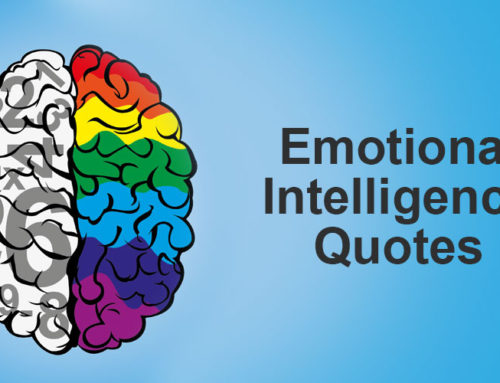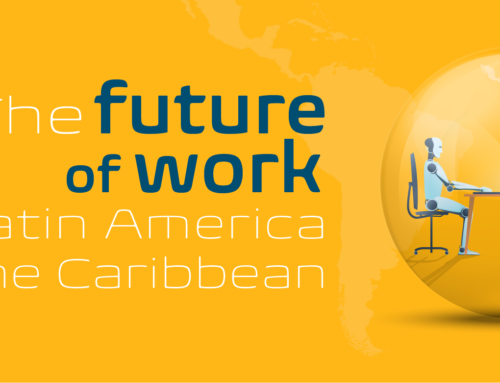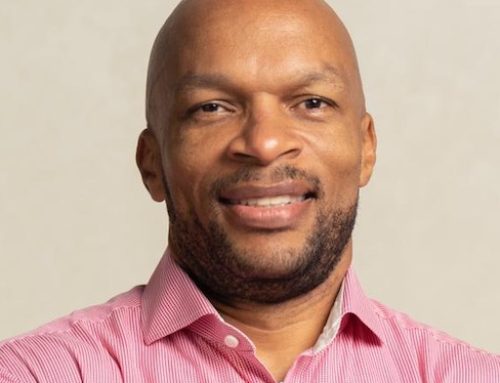In the 15+ years that I have spent in the tech field as an academic, practitioner and entrepreneur, there is one amazing truth that I have come to personally experience regarding the simple act of coding or programming – it has the power to change the world by changing the way we think.
Thinking back, I did horribly in my first programming course. I just didn’t get it. There is this adjustment period that fresh minds go through when they try programming for the first time. It is something I have witnessed countless times with many of my students – it just does not make sense, until it does.
The best decision I made was sticking to it. Once I made it to the other side, I began to see things differently. I could visualize parts of programs in my head – all the variables and conditions and constructs.
When I met object-oriented programming, I was hooked! It just made sense – objects, design patterns and graphical user interfaces; it was awesome!
Towards the end of my degree I was programming a lot. Mainly because I was freelancing. But I also programmed for the fun of it as well. Virtually anything my imagination conjured up, this digital space allowed me to build. Something else was happening at the same time, however. I began to notice that my life became more organized.
I became calmer and more rational in my decision-making, which, I have to say, helped how I invested my time and energy. It helped me keep a level head amidst the occasional drama in my personal relationships as well.
Logic became my intuition; personal beliefs and partisan or one-sided thoughts took a backseat to being practical and objective. With a certain effortlessness, I began to decompose problems and identify solutions for things that did not even relate to tech.
When I started working at the University of Guyana I was given the opportunity to lead planning committees and eventually, an entire academic department. It was here that I realized that I was entirely reliant on my software engineering experience to transform me into a manager, a leader. It was a perfect fit. As a matter of fact, it was a better than enrolling in a traditional management course, I thought.
Around this time, I plateaued when it came to building software. I began to build a team instead, which functioned like well-matched software components, in my mind.
I engineered a culture which I thought would be ideal for a self-preserving, high performing collective; and it worked really, really well!
Soon enough I started building companies. The hungry coder in me became fixated on social entrepreneurship in the tech space because I saw problems that could be solved with the right engineering of movements and ecosystems to positively impact lives through tech.
But I am not unique; it was coding that changed me as well as others I have come to know and work with over the years.
Based on a study published in 2013, the demanding and learning-centric nature of programming makes sharper minds and improved mental models. Dijkstra, one of the greats in computer science said, “the tools we use have a profound influence on our thinking habits, and therefore, on our thinking abilities.”
What is more, the gathering of programmers has something else to teach us about their importance to society. There is something very special about the work environment in thriving tech companies. Just take Facebook or Google, for example – relaxed dress code and working hours, hardly any walls separating coworkers, comfy furniture, rec areas, and above all, the freedom to explore, collaborate and innovate. It was as if they took the typical corporate workplace, threw out all the things that really didn’t matter to productivity, and redesigned the whole thing to be team-centric.
This freeform tech ecosystem keeps minds relaxed, creative and always in discovery mode for consistent personal and professional growth. In most of these healthy, team-centric tech ecosystems, developers also become more emotionally intelligent – because to coexist and build together, you need to understand each other.
Developers think differently; it comes with the profession. Abilities such as foresight, critical-thinking, evidence-based decision-making are all practiced routinely as they solve complex computing problems in cohesive team-based environments and deliver solutions to the world.
Though not widely recognized, tomorrow’s quality leaders exist in today’s developers – our programmers, software engineers, tech innovators. These are people who build our technological tomorrow and if we examine their qualities more closely, we may recognize in them our ideal managers, politicians and policy-makers.
With great leadership through a developer mindset we can address the roots of some of our most troubling national problems such as partisan thinking and mismanagement. We can engineer self-sustaining initiatives to transform our natural capital into reproducible capital and have the foresight to stay on top of resource management in the long term. We can promote healthy collaboration by coexisting, building together and understanding each other.
Tech ecosystems are definitely more important than we think.
They multiply the developer mindset by raising developers and granting them an engaging ecosystem from right here at home to connect, learn and code the changes we would all like to see, right into our society.












